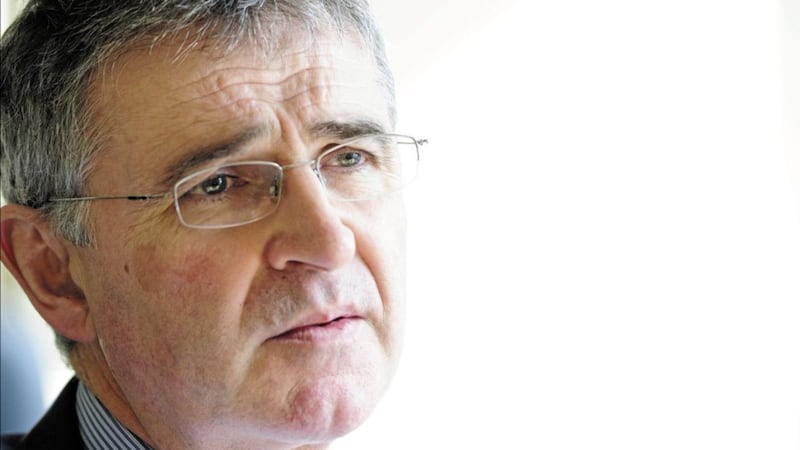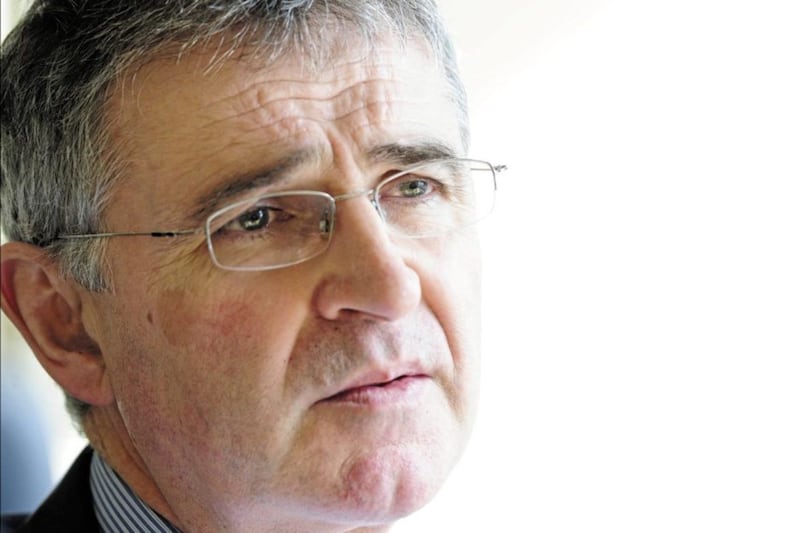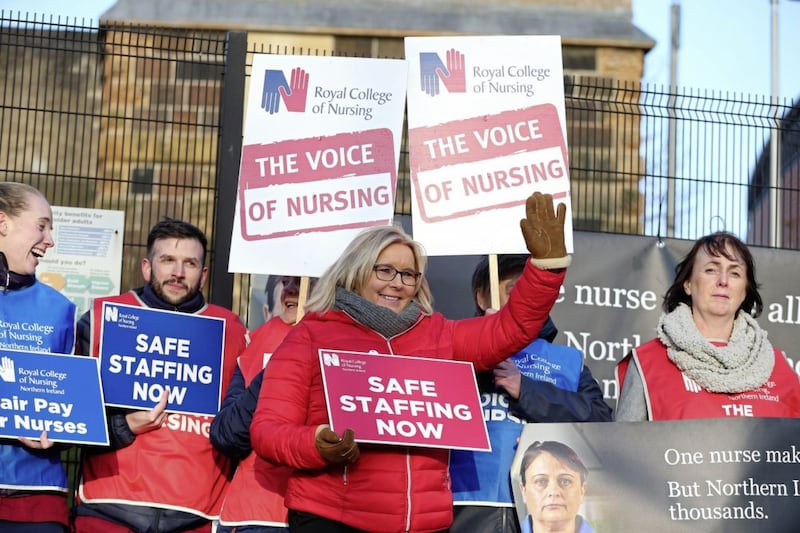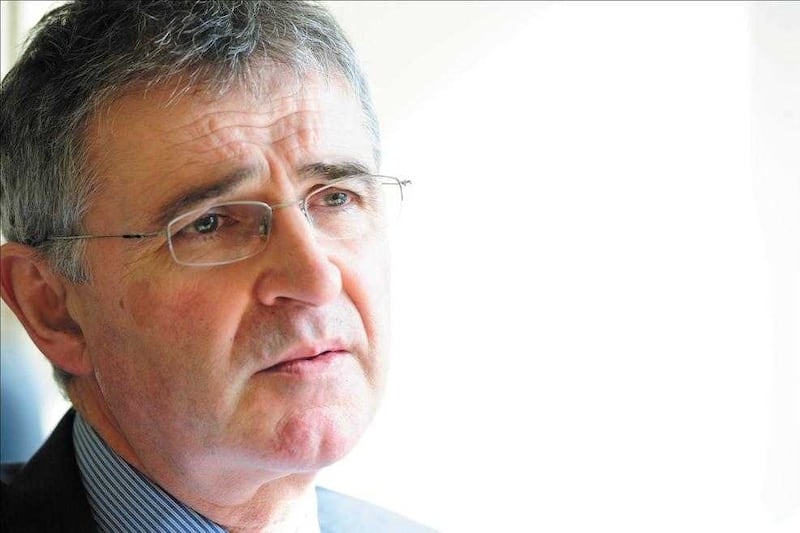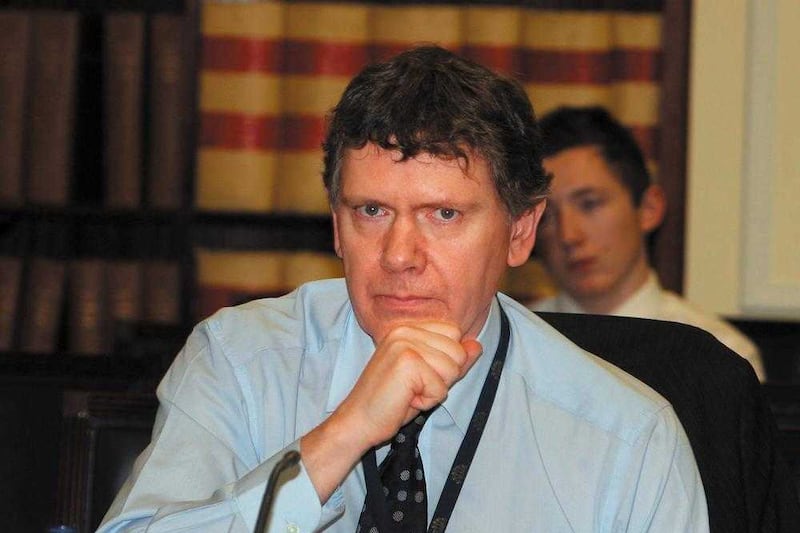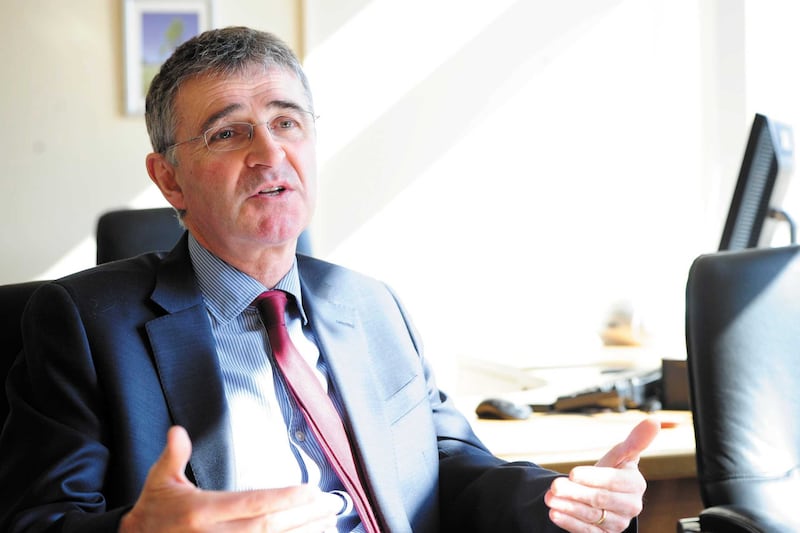THE head of Northern Ireland's health watchdog has "recused" himself from involvement in two massive NHS scandals due to conflict of interest concerns.
Dr Tony Stevens, who was appointed as interim chief executive of the Regulation and Quality Improvement Authority (RQIA) in August, has formally withdrawn from discussions linked to the Muckamore Abbey Hospital abuse allegations, which are now subject to a public inquiry.
The former medical director of the Belfast trust has also told the regulator he cannot take part in a review into deceased patients of neurologist, Dr Michael Watt. The Belfast consultant is at the centre of the biggest patient recall in the north and worked under Dr Stevens for a period.
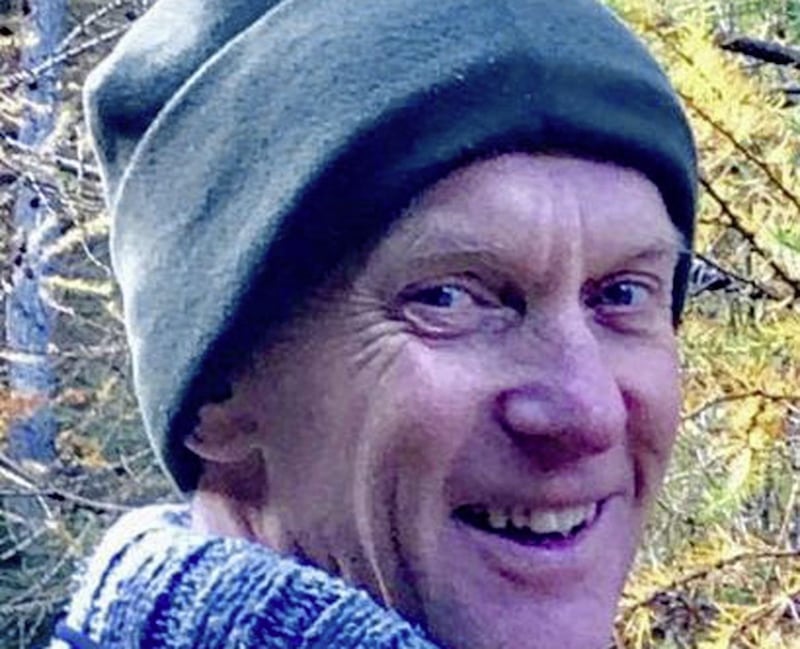
At his first RQIA board meeting in September, Dr Stevens revealed he had "sought advice" from the Department of Health about a "potential conflict".
"TS (Tony Stevens) declared that as former Medical Director of Belfast Health and Social Care Trust and former Chief Executive of Northern Health and Social Care Trust, that he would recuse himself from any matters that arise for discussion relating to Muckamore Abbey Hospital or the Review of Deceased Patients of Dr Watt," the regulator's minutes state.
Dr Stevens left his top post as Belfast's most senior medic in 2014 and took up the reins as chief executive of the Northern trust before retiring last year.
His appointment to the RQIA came two months after the mass resignation of of the body's board members following a row about the handling of the pandemic.
Concerns about Dr Steven's new role and previous positions were expressed at Stormont health committee by Sinn Féin's Pat Sheehan, who also wrote to health minister Robin Swann about the issue.
Mr Sheehan said that while he was not "for one second" criticising Dr Stevens' "personal or professional integrity", he questioned the appointment given a separate neurology probe into governance - which will examine management's role in relation to Dr Watt - is ongoing.
"It seems bizarre that someone who might be subject to criticism in one inquiry relating to the neurology scandal, might also be responsible for establishing and overseeing other investigations relating to the same issue," Mr Sheehan said.
He added: "The fact that the appointment is on an interim basis has no relevance at all."
The Irish News has seen a copy of a letter written by Mr Swann last week in which he welcomes Dr Stevens' appointment, adding that he values the "professionalism and expertise he will bring to the new role".
Mr Swann stresses that neither the department nor his officials were involved in the RQIA recruitment process as the regulator is "independent from the department".
The watchdog is however an arms length body and funded by the department.
Responding to a potential conflict, Mr Swann he is "satisfied" the RQIA and "in particular Dr Stevens" have taken "all reasonable steps" to "ensure that Dr Stevens previous role as medical director...will have no bearing on the RQIA reviews".
Neither the department nor RQIA were able to provide further comment on the matter.
